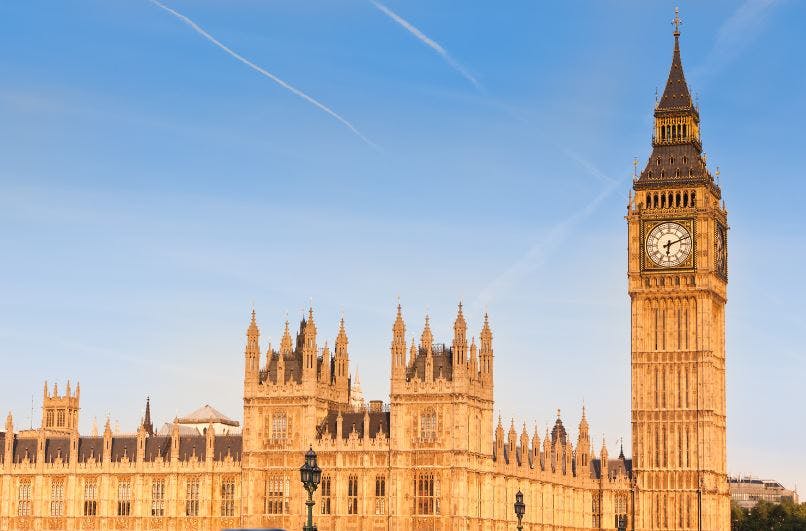Capital Gains Tax
Increases to capital taxes had been widely signalled before the Budget, and it’s probably fair to say that despite the measures announced yesterday, it is not as bad as it could have been – some commentators had been calling for an equalisation of CGT and income tax rates.
In the event, increasing the basic rate to 18% and the higher rate to 24%, while leaving the rate for residential property unchanged at 18% and 24%, takes us broadly back to where we were a few years ago, and these rates largely reflect the levels that most experts predicted would maximise revenue. These changes were immediate, so there is no opportunity to offload assets to take advantage of the former, lower rates.
However, the changes to the Business Asset Disposal relief (the so-called ‘Entrepreneur’s Relief’) don’t start to come into effect until April 2025, so the current 10% rate on the first £1 million remains in place; this rate will climb to 14% in April, and then 18% (the same as the basic CGT rate) in April 2026. Again, it could be worse: some predicted that BADR would be abolished altogether.
Inheritance tax
For farmers and business owners, the biggest change to inheritance tax (IHT) is the restriction of Agricultural Property Relief (APR) and Business Property Relief (BPR), whereby the current 100% rate of relief will only apply to the first £1 million from April 2026, and a 50% relief imposed on values above that figure. For family businesses, succession planning just became more complicated, and more necessary.
Despite the Chancellor claiming that the changes would ‘continue to protect small family farms’, the reality is that for both agricultural and non-farming businesses, all but the smallest will be affected. In a county where there is a disproportionate number of family firms, this could have a large impact.
Clearly planning for when you are going to die is impossible, so those affected may need to review their succession plans and consider measures such as exempt lifetime gifts of shares in the business to the next generation. Ensuring that such family concerns are not broken up means acting early and taking advice – and not waiting until the owner dies.
Speak to one of our advisers
Get in touchRelated news

Budget reaction from James Shipp
Given how much of the Chancellor’s Budget had already been signposted, businesses shouldn’t really have been expecting anything other than financial pain – and that is indeed what Rachel Reeves delivered.

Autumn Budget at a glance
Rachel Reeves delivered her first Budget as Chancellor of the Exchequer on 30 October 2024. The Budget aims to deal with the £22 billion ‘black hole’ in public finances whilst restoring stability and rebuilding public services.


